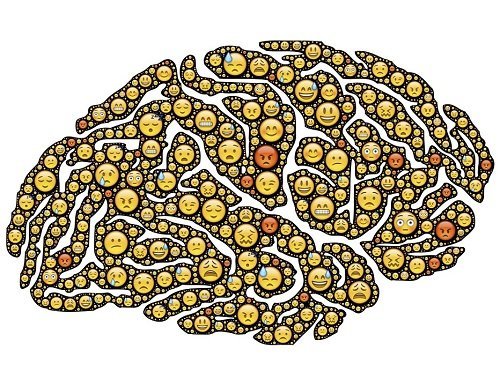More than 55 diseases have been linked to gluten, the protein found in wheat, rye, and barley. Vast majority of people who have gluten intolerance will never be diagnosed and 5-20% of Americans suffer from some form of gluten intolerance or sensitivity.
Check out this list and see if you feel more than a few of these struggles.
1. Stomach Pain
Gluten issues arise from problems in digesting it. Gas, diarrhea, bloating, and constipation that persists seemingly without cause is one of the obvious signs.

2. Feeling dizzy
If you find yourself feeling dizzy or even faint occasionally, you may be sensitive to gluten. People with a gluten intolerance report disorientation, feeling off-balance, brain fog and other disturbing cognitive disruptions.

3. Mood Swings
People who suffer from gluten allergy report unexplainable anxiety, irritability or just feeling upset for no apparent reason. The New England Journal of Medicine has listed 55 diseases that are caused or worsened by gluten intake.

4. Chronic Migraines
People who suffer from a gluten allergy or intolerance are more likely to have headaches. These flair up half an hour to an hour after eating food containing gluten.

5. Itchy Skin
When your body is struggling to deal with gluten it cannot process, it can cause itchy skin. This is due to the inflammation caused by said struggle; your immune system is creating a lot of antibodies to combat the gluten that rode in on the white bread you had this morning. These antibodies can give you psoriasis-like reactions on your skin.
6. Fibromyalgia
Some people diagnosed with Fibromyalgia and chronic fatigue actually have gluten intolerance without realizing it. If you’ve been diagnosed, consider gluten as the potential cause. “When patients are helped by a specific dietary measure, it is often because of the presence of a secondary condition that does have a recognized response to diet. And when you take care of that, you do get some relief from all the symptoms. You feel better overall.” – reported by Medicine Net.
7. Chronic fatigue
Chronic fatigue is also associated with an intolerance to gluten. It makes sense, after all. You are putting your body on high alert every time you consume gluten. It takes more energy for you to deal with unwanted gluten proteins, so your 8 hours of sleep a night may not be enough.

8. Intolerance To Lactose And Gluten Look Similar
These two intolerances are very similar in terms of how they affect your body and in terms of the symptoms you might notice. If you’re already having problems with lactose, gluten may be just as difficult for your system to process.

